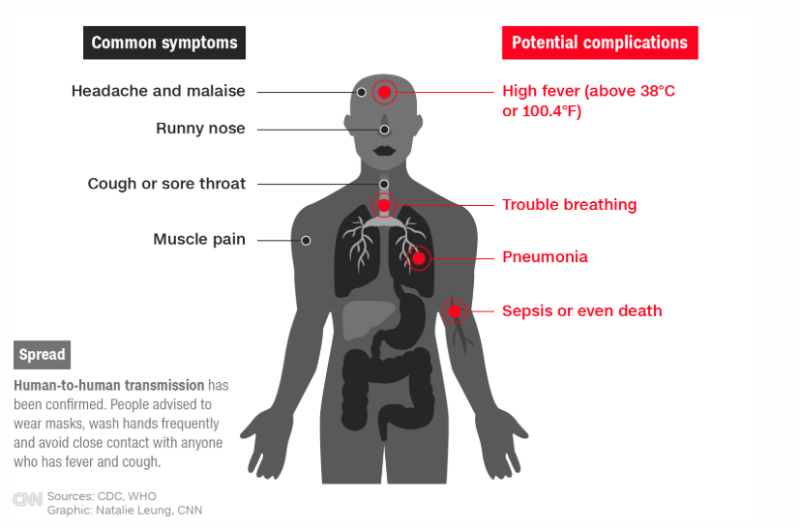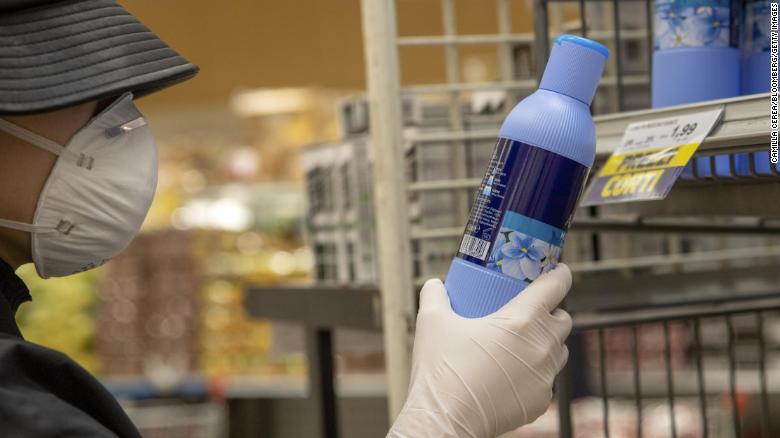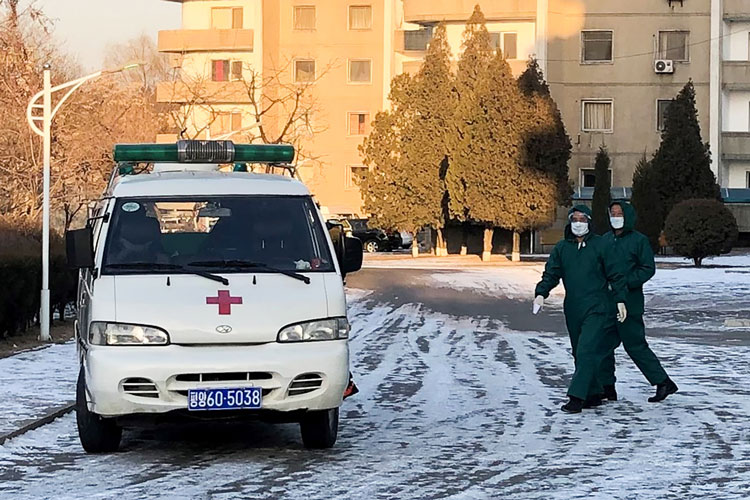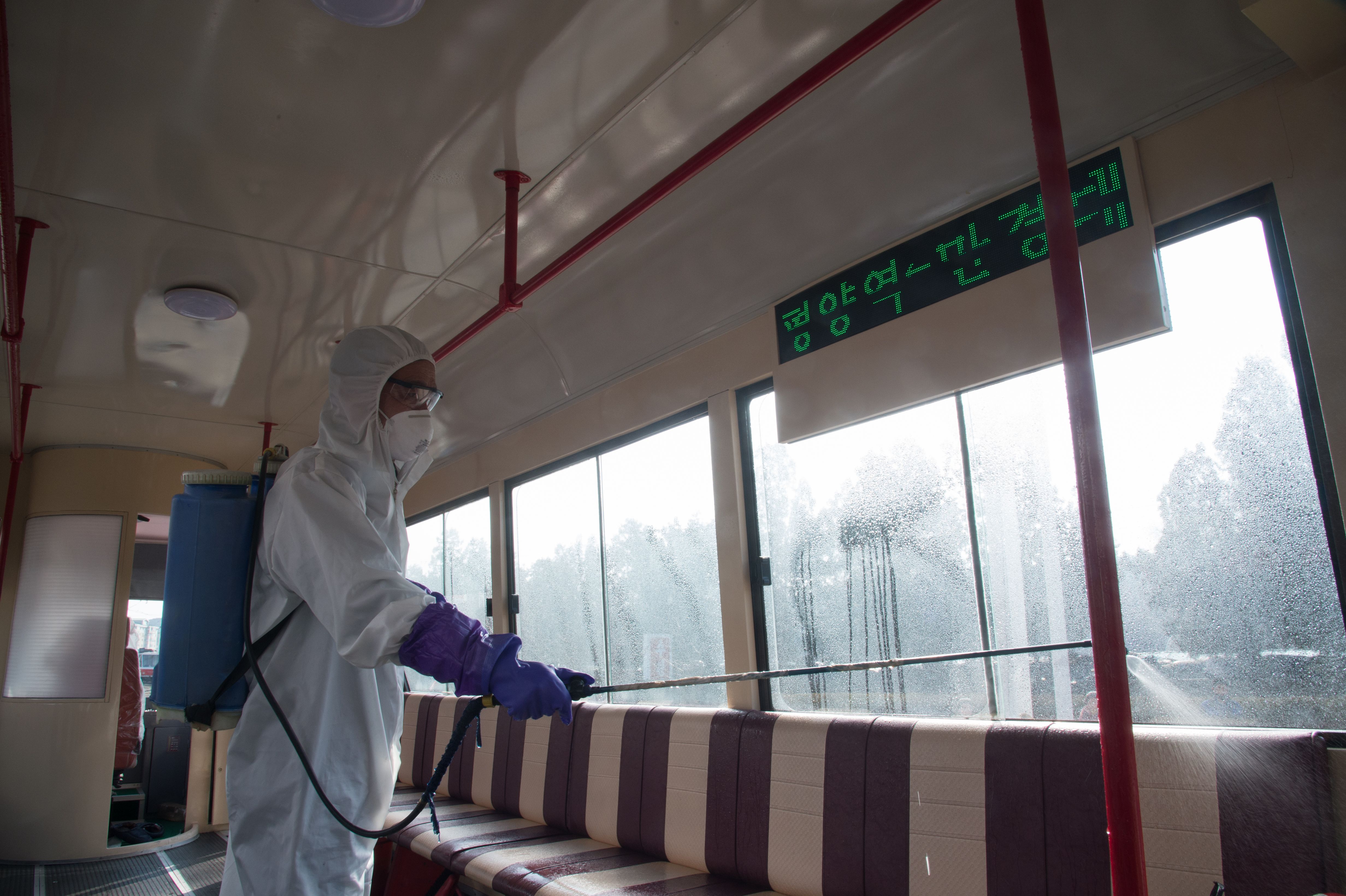A new book published this week by China's Central Propaganda Department recounts how Beijing won the "people's war" against the novel coronavirus. With editions in more than six languages, it's clearly aimed at a global audience.
But while the claim that China has won the battle against the virus is debatable, even on the face of it, the lessons from China's own experiences aren't particularly applicable to other countries.
More than 780 million people across China were placed on effective lockdown at the height of the outbreak, while the government's giant security state swung into action, with intense, artificial-intelligence-powered surveillance used to track potential virus carriers across the country.
Beyond this, China also mobilized thousands of health care workers to tackle the outbreak in Wuhan, and constructed several hospitals dedicated to fighting the virus in a matter of days.
Not only do many countries lack the resources or technology to follow suit, they do not have the legal framework for doing so. This is for good reasons -- privacy protections, human rights safeguards -- but also means that other governments do not have the capabilities to rein in the virus that, if you take Beijing's propagandists at their word, were vital for the victory in China.
Even less draconian solutions, such as additional border checks, restrictions on travel, and calls for self-isolation or voluntary quarantine may be more difficult to pull off outside of China.
The Chinese authorities have complete control of the country's media and a massive censorship apparatus, allowing them to set the narrative and encourage compliance and a sense of the country pulling together. They also don't have to deal with opposition politicians criticizing their policies or seeking to score points.
Already in the US, the virus is becoming politicized, with both President Donald Trump and Fox News blaming Democrats and the media for overhyping dangers in a supposed desire to hurt his popularity.
China's response to the virus may have been successful, but like many things that happen in a country that unique, it will be difficult to copy overseas, for both good reasons and bad.







